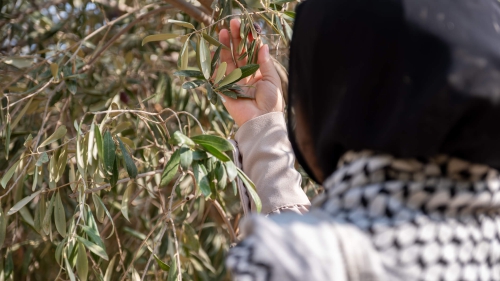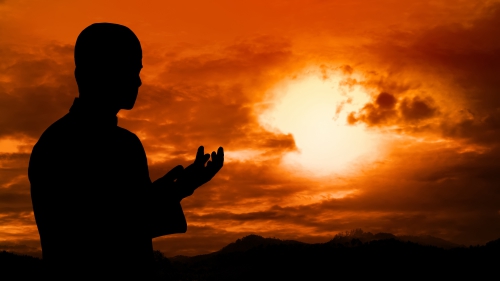Earthquake victims struggling to survive
 |
| A Kashmiri woman grieves for her family member, killed by the October 8 earthquake, beside a new grave in a mountain village of Comsar in the Neelum Valley, north of Muzaffarabad. |
Several days after the deadly earthquake hit northern Pakistan, the people of Kashmir who survived the earthquake are in a desperate situation. Nearly a third of Pakistan's injured still have not been reached by doctors. And when nightfall comes, with temperatures already close to freezing, they're left with very little shelter. The UN's relief agency, OCHA, and the International Federation of Red Cross and Red Crescent Societies both say they've been given only a fraction of the money they need. It's an unusually slow response to a disaster they say.
More than 50,000 people died in the earthquake; more than that will die through the winter if supplies don't reach them soon. The most pressing need is for winterized tents.
The World Health Organization has expressed concern about the lack of shelter and safe water for people affected by the earthquake in Pakistan.
In addition to the people who have died due to the earthquake more than 65,000 are reported to have been injured, according to official government figures. Many have still received no treatment. Teams from the Ministry of Health and from international field hospitals are operating around the clock to find and treat the injured. Many people with normally non-life threatening injuries who have not yet received treatment or have not been accessed by relief teams are now at serious risk of fatal infection or crush syndrome. Supplies of winterized tents and blankets are becoming essential as winter approaches.
Sustainable supplies of clean water are essential for health facilities - for both drinking water and sanitation. Hundreds of thousands of liters are needed for people's survival and to protect against disease outbreaks. Some purification plants are already in Muzaffarbad and more mobile plants are on the way.
The Pakistan Institute for Medical Sciences (PIMS) in Islamabad is still receiving up to 300 patients daily and is sending stabilized patients to other public hospitals around the country. The hospital has put up tents in the grounds for families of patients.
 |
| An injured Kashmiri survivor waits for treatment in the mountainous village of Butnar in the Neelum Walley, northern Pakistan |
Pakistan Armed Forces has set up a field hospital at Islamabad airport, and with staff from the Ministry of Health, this facility is undertaking triage of patients and dispatch to adequate treatment facilities in Islamabad and in other cities according to the preliminary diagnosis.
In Muzaffarabad, a district of 600,000 people has been massively damaged. Half of the population has no access to any kind of services.
The Combined Military Hospital (CMH) in Muzaffarabad, the main health facility, has been extensively damaged and is closed. Most other health facilities in the district are thought to have been destroyed or severely damaged.
The Abbas Institute of Medical Sciences is the only hospital in Muzaffarabed which managed to withstand the earthquake. It is now carrying out dozens of major and minor surgical interventions in its operating theatres every day.
In spite of the fact that many Ministry of Health staff are direct or indirect victims of the disaster, many have started to report back for duty.
Medical and surgical field teams report 2000 patients are being treated daily in Muzaffarabad. The first three days after the earthquake, most patients were treated for trauma injuries. Currently, about 40% of patients are treated for trauma; the remainder being largely acute respiratory infections.
The scale of the suffering is immense, but for some reason, perhaps disaster fatigue, perhaps geographical distance, the money pledged isn't matching what's needed. The people here will be dependent on aid, say the agencies, for at least the next six months -- a long and difficult operation because of the lack of infrastructure and the rugged terrain. The money and supplies are urgently needed and the international community must act fast to save lives.
 |
IslamiCity through it's parent organization HADI (Human Assistance & Development International) is mobilizing its existing partners and resources to respond to the crises. There is a desperate need for tents, blankets, medical kits, food aid, water and trauma counseling for those affected.
Please support HADI's emergency fund please click on the link below.
Related Suggestions
Likewise people affected in Hamalayas need to be moved away from mountain ASAP. Those who are near roads should not wait and move down to Lahore Pindi or karachi. Govt., should appeal to the people to open their houses for the affected people.
Because the after shocks will lasts for another 4-6 weeks. and more mud slides are expected.
PEOPLE NEED TO BE MOVED AWAY TO SAFER GROUNDS ASAP. WHERE LOGISTICS WILL BE MUCH EASIER AND SUCCESSFUL FOR EVERYONE.

















